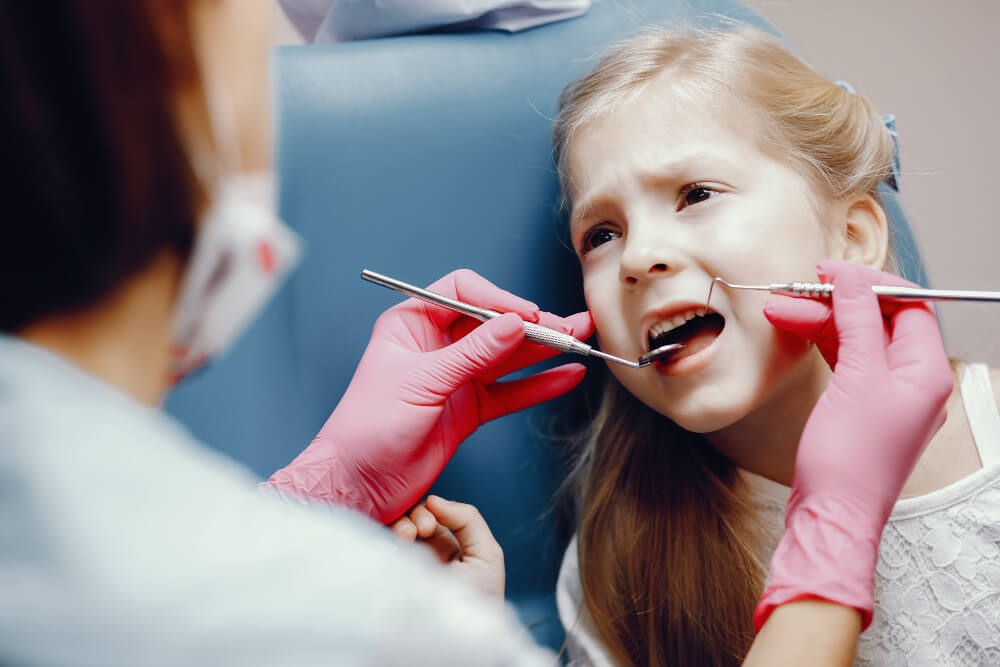
Introduction
It is practically impossible for the naked eye to see the “pulp” of a tooth. Located at the centre of every tooth, the pulp comprises nerves, tissue, and several blood vessels, which transport oxygen and nutrients throughout the tooth. Many ways could lead to damaging the pulp.
Why is pulp therapy recommended?
The purpose of pulp therapy is to preserve the vitality of the pulp and restore its health when it has been affected by caries, traumatic injury, or other causes.
Before proceeding with pulp therapy, you should consult the best dental doctor near you in Mysore.
Who can perform pulp therapy?
A pediatric dental surgeon performs pulp therapy – both on the primary teeth of children and the permanent teeth of adults.
How is pulp therapy conducted?
Detection
An inflamed or injured pulp causes excruciating pain. A dental specialist can diagnose the source of a painful tooth, even if it is not visible.
Following are some of the warning signs to visit a dentist immediately:
- Unexplained constant pain
- Pain at night
- Sensitivity to temperature variations in food
- Affected or surrounding gums are either red or swollen
Procedure
Your dentist examines the affected area visually and takes X-rays. Pulp damage treatments vary depending on the extent and location of the damage.
- Pulpotomy: The pulp tip may be left alone if the pulp root is not damaged or decayed, and the dentist will only remove the pulp and decay on the tooth’s surface. He will place a crown on the tooth to prevent further damage.
- Pulpectomy: A tooth with severe decay or damage to the pulp requires an additional root canal. The dental specialist packs the root canals with a biocompatible material as soon as he removes the pulp.
What are the benefits of pulp therapy?
It enables the tooth to grow in a manner that results in apexogenesis – the process of the tooth continuing to develop until it finally forms an apex.
What are the possible complications of pulp therapy?
Pulpotomies are considered relatively safe and do not pose any serious risks. However, performing pulpotomies on roots that do not have vital pulp (radicular pulp) is not recommended.
Conclusion
Injuries and infections of a tooth can be excruciating and lead to further decay if left untreated. When you think about your child undergoing any medical procedure, there is a great deal of concern. Nonetheless, pulp therapy is risk-free and helps you regain pain-free and happy teeth.
To get expert advice about pulp therapies:
Request an appointment at Apollo Dental, Mysore Call 1800 1020 288 to book an appointment or click on this link
Ans. The best dentists use pulp therapy to prevent tooth loss. Pulpotomy and pulpectomy are two of the most commonly used pulp treatments.
Ans. A dental abscess occurs when pus builds up inside your tooth due to pulp necrosis. A dental abscess can spread to other body parts and become life-threatening if left untreated.
Ans. An alternative to root canal therapy, vital pulp therapy preserves the pulp by treating it without removing it entirely.



















































